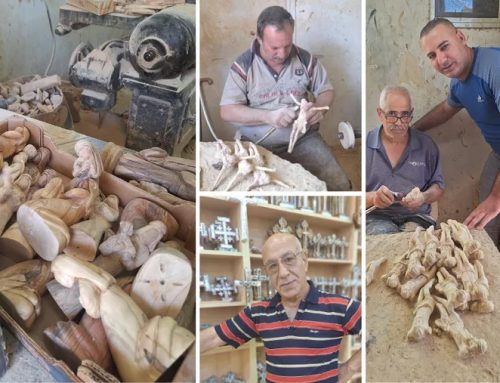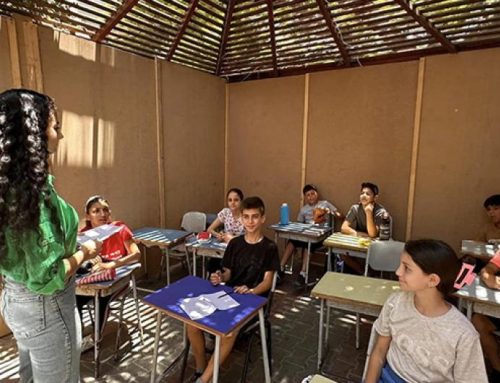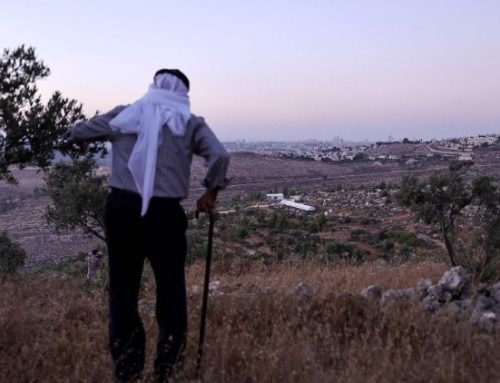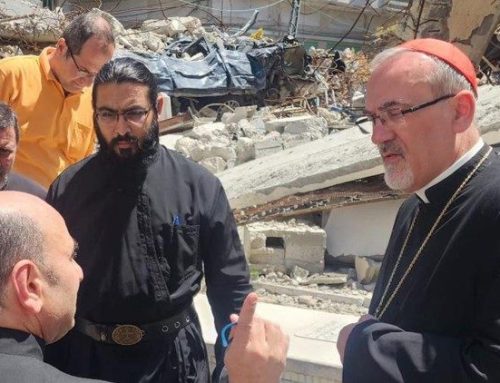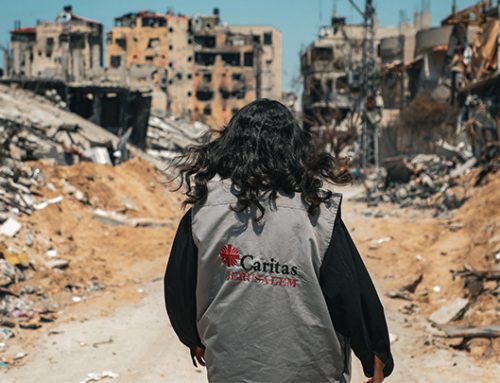Dr. Bernard Sabella
When spring arrives in Jerusalem, daffodils and other wild flowers bloom. Of the images of spring this year was that of a young boy collecting daffodils near the French Consulate in West Jerusalem. When I greeted him and asked for his name, it turned out that he was from an Arab Palestinian family living in the Old City of Jerusalem. With his eyes sparkling with happiness as he collected one daffodil after another from between stones and rocks I wanted to know the purpose of his precious collection.
‘Oh, these flowers are for my mother, she loves flowers.’ I was overwhelmed by this 10-year old’s attachment to his mother and his willingness to walk from his home in the old town at a rather late afternoon hour to enterprise a motherly daffodil collection.
I was reminded of this young boy when the other day I visited a demolished, Palestinian home on the Mount of Olives that the Israeli municipality of Jerusalem claimed was built illegally. The home housed two families of more than 15 members together.
As I approached the head of the household and shook hands with him, an 8-year old boy made his way to me amidst a cluster of older people, shook hands and told me in a spontaneous manner: ‘today is my birthday!’ A wave of electricity went through me as I looked at his smiling face and wished that I had brought a birthday cake with me, in spite of the sad occasion of his family’s home having been destroyed.
These two boys symbolize the future and also the value given to the family in Palestinian society and culture. In the final analysis the Palestinian family remains the bastion which nourishes and strengthens, even when the political, economic and other ills appear to be insurmountable.
With politics and its process I feel in a void these days and therefore prefer to keep my silence.
One of my teachers in high school diagnosed me once as a hopeless case of an addicted pessimist. But it has nothing to do with pessimism but rather with the feeling that in the final analysis our Palestinian people and we ourselves as individuals and families will pay for whatever ‘progress’ happens in the political process.
If there is no progress, we will continue to pay and the world will continue talking about the overall contours of the political process and the difficulties it encounters and how to overcome them. Meanwhile our difficulties as families and communities will be swept under the excuse that all is permitted to the Israelis to ensure their security. This may sound surrealistic and it is: we are damned if there is a peace process and we are damned if there is not!
I am not discounting the good intentions and efforts of world politicians in advancing the political process between us and the Israelis, but my gut-level reaction is that four years from now we will still be in the same place, if not worse.
I honestly hope that I am absolutely mistaken and my arguments would be brushed away as those of a naïve know-nothing person.
However, I am afraid that too many more Springs will pass and too many homes will be destroyed in Jerusalem before the daffodil collections of young Palestinian boys will adorn family homes and bring joy to mothers in a true environment of peace.

